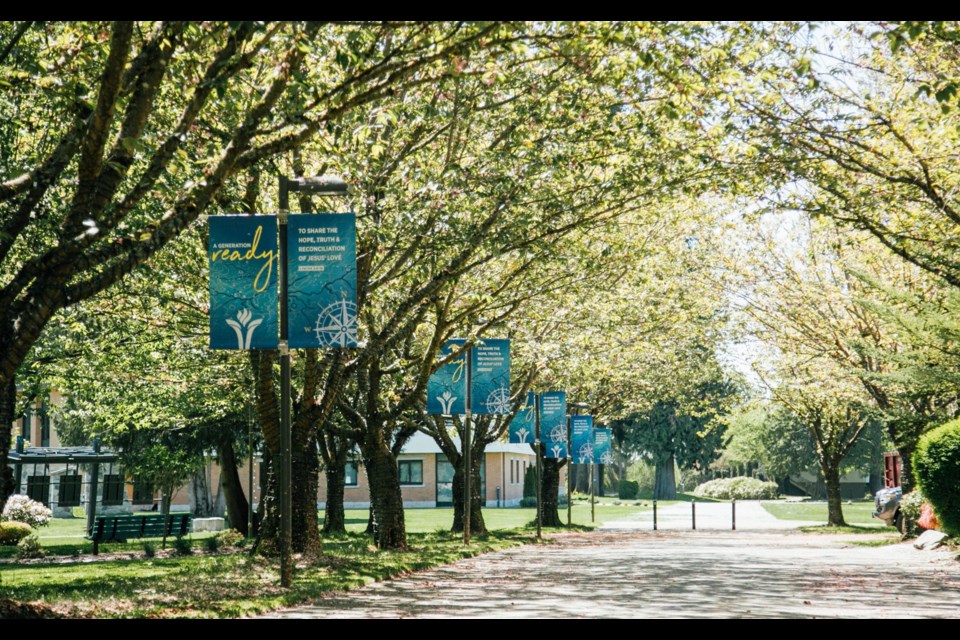Healthcare providers need to “do more” to better serve diverse immigrant communities, according to a researcher at Trinity Western University (TWU), Richmond campus.
Tina Wu, who has 10 years of experience as an associate professor of the Healthcare Stream in the Master of Arts in Leadership Program at TWU, is conducting a public survey to better understand the healthcare needs of immigrants across B.C., with particular focus on Richmond’s Chinese-Canadian community.
So far, the survey – which will remain open online until the end of September – has shown that “more needs to be done.”
Providing translation services, for example, is helpful but not enough, according to Wu.
“Doing more includes taking the time to build relationships of trust with their Chinese-Canadian patients. For Chinese people, when they go to see a doctor, they want to make a connection with that doctor,” said Wu.
The fee-for-service healthcare model, which operates in much of B.C. and Canada, is not conducive to creating those kinds of relationships, she added.
“Time is payment. More patients is equivalent to more payment. But you need to spend more time to connect with patients if you want to provide quality care.
“If you know your patients very well, it will be much easier to understand their issues when they come through the door,” said Wu, adding that it’s not her intention to blame healthcare providers, but highlight how the system can be improved.
In her own research, Wu has seen the detrimental impact of not being able to conduct face-to-face interviews because of COVID-19 restrictions.
Because she has not been able to develop personal connections, Wu said she’s had trouble convincing Chinese-Canadians to complete the survey.
Although more than 200 people have responded to date, Wu hopes more people who can read Chinese will participate in the survey to express their voice in the coming months.
“For the Chinese community here, I think it’s important to voice our needs. I’m not saying this just for my research purposes, but in general. We need to be more active in expressing ourselves,” said Wu.



